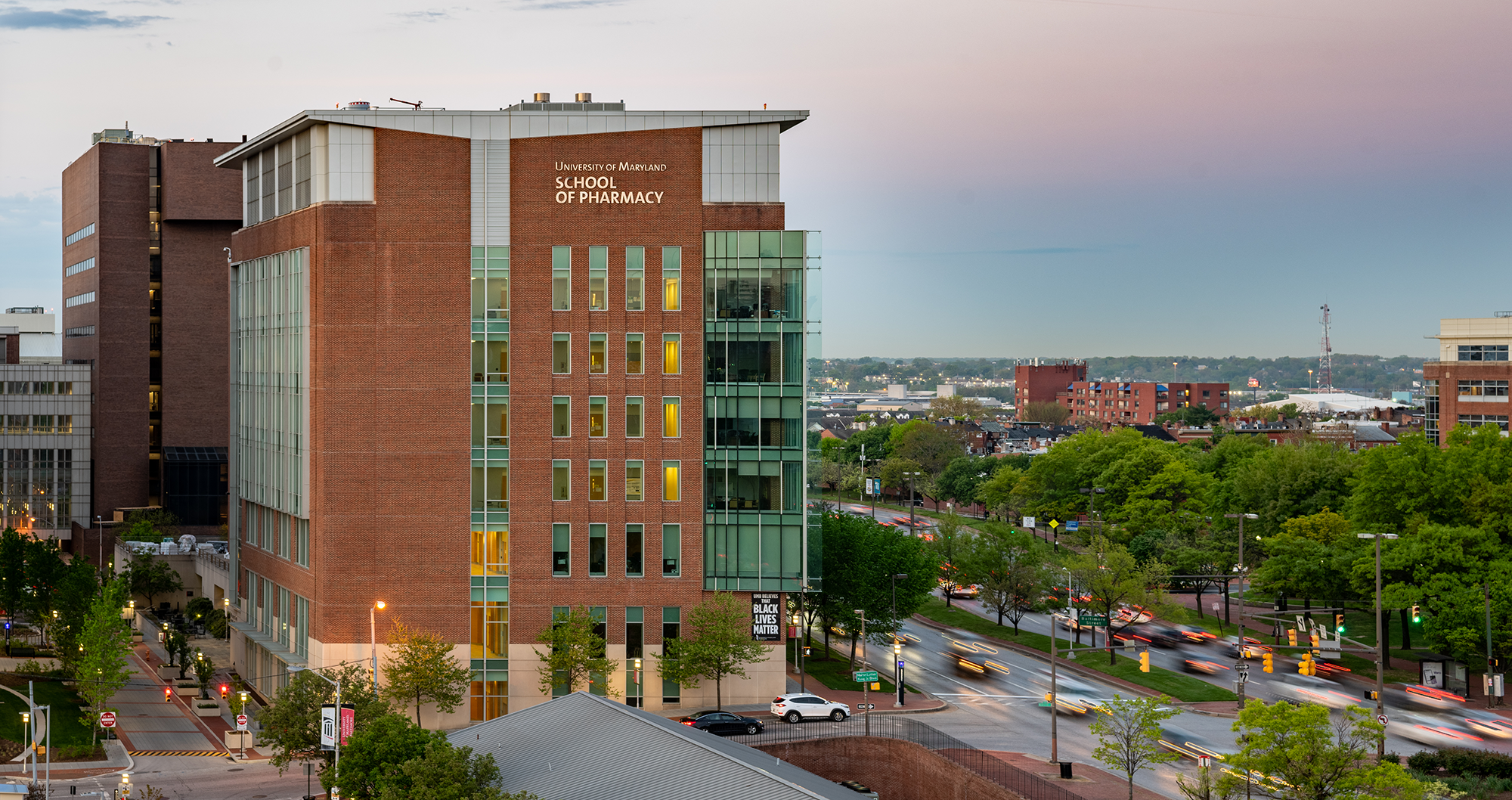Pharmapreneurship™ as a Pathway to Meaningful Change

The nature of health care in rural communities benefits from a nimble, interprofessional approach. As such, the University of Maryland School of Pharmacy (UMSOP) brings an innovative vision for health care to the Eastern Shore, embracing an interdisciplinary model that empowers a full spectrum of providers, including physicians, nurses, nurse practitioners, physician assistants, and pharmacists.
In recent years, pharmacists were granted the formal status of providers, expanding the pharmacist’s scope of practice to include limited medication prescribing, medication counseling, and the administration of vaccines and other injectable medications. For underserved rural populations, these services play an important role in health care delivery and health education while improving health outcomes. Furthermore, pharmacists are particularly important in critical care settings, where their input alongside attending physicians helps to identify the best course of treatment. UMSOP is reimagining the role of a pharmacist in the hospital setting, while still strengthening the traditional pathway of community-based pharmacies as entry points to care. This entrepreneurial approach to pharmacy practice — or Pharmapreneurship™ — offers a novel impact on improved care.
UMSOP seeks to invest in student support across multiple degree programs, including Doctor of Pharmacy (PharmD); Master of Science (MS) in Regulatory Science, Medical Cannabis Science, and Therapeutics; and Palliative Care, by providing scholarship support for five students over four years in each degree program. The growing acceptance of medical cannabis as part of health care offers unique opportunities for Eastern Shore residents to benefit, and the aging population makes it critical that specialists are trained in palliative care. The University of Maryland Eastern Shore (UMES) also operates a pharmacy degree program, and UMB and UMSOP will partner with UMES to attract students from the Eastern Shore into the most appropriate programs, offering students incentives to live and work in its rural communities.
We invite you to learn more
To learn more about opportunities to help advance these critical initiatives for decades to come, please contact Greg Bowden at gbowden@umaryland.edu or download a copy of our Eastern Shore Pathways Case for Support.


